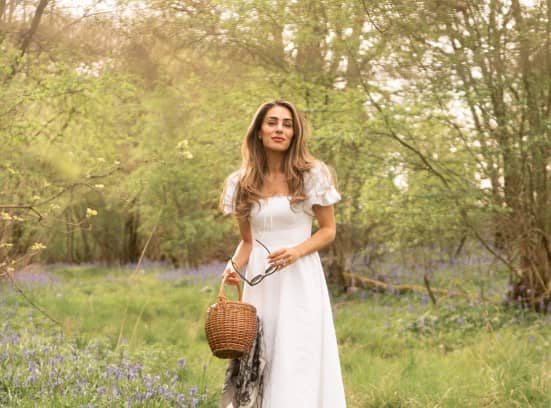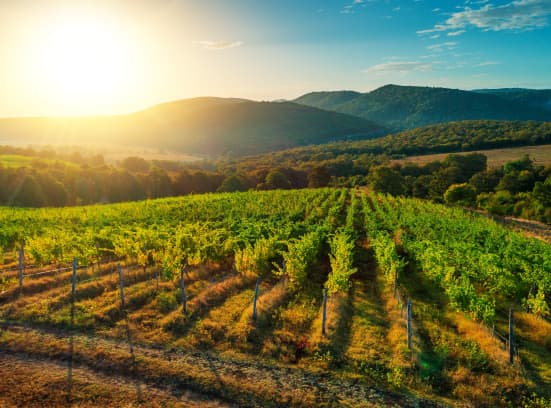As lockdown eases and the gardens around us become open to the public, we consider the ways in which greenspaces can help our mental wellbeing and be the antidote to months of being stuck inside. To that end, Chris Thorogood – the deputy director and head of science at University of Oxford’s Botanic Garden and Arboretum – discusses the new and exciting things we can expect.
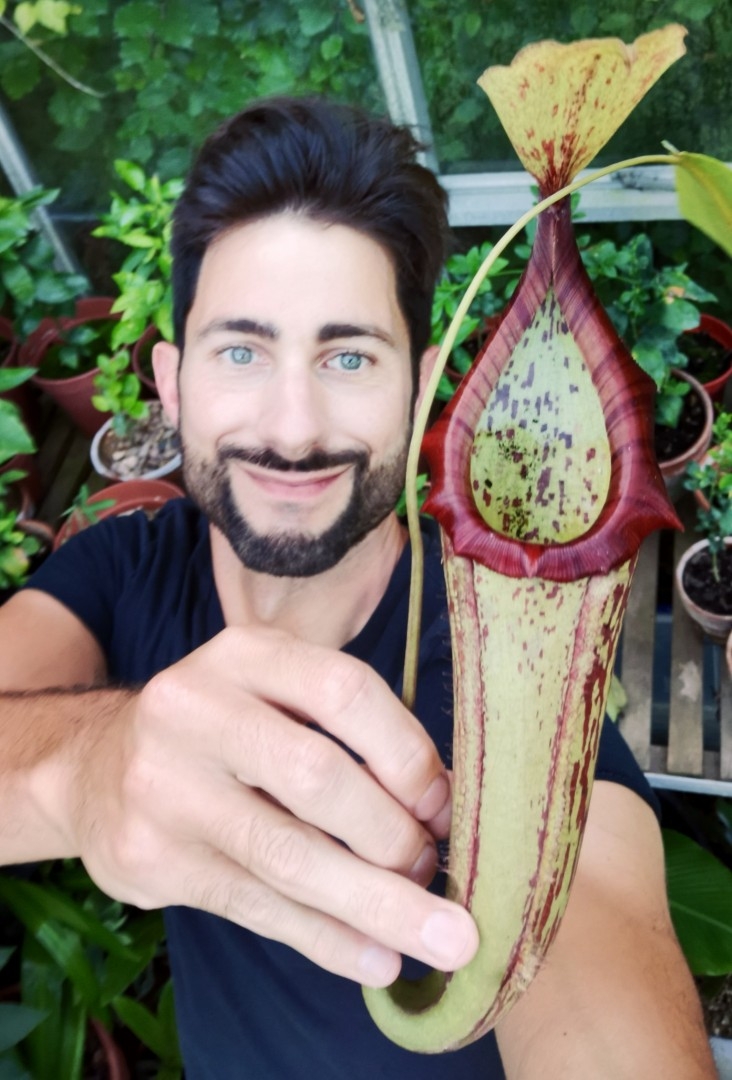
It’s lovely to see you back up and running, how have the past few months been?
We had a reduced but hard-working team here keeping the site looking at its best and keeping things alive. There was a time when there were a few more weeds and the garden was looking a bit different but it's looking great again now. It's taken its toll on visitor numbers though because – particularly in the botanic garden – we often have lots of international tourists at this time of year which of course we don't at the moment. At the arboretum we're actually seeing more visitors than we typically would at this time of year which is really encouraging. Greenspaces are so important for mental wellbeing and the perfect tonic for those feelings of being cooped up indoors. We’ve also seen more people connect with us digitally which is interesting. One of our horticulturalists wrote a piece which proved really popular called, ‘How to create a lockdown terrarium'. There's a generation who perhaps wouldn't necessarily have used the digital means available, but they have done in a time of need so it's not all bad news.
What did you spend lockdown doing?
Time is a funny thing because we all have the same 24 hours in a day but it's what you do with it that matters. It’s been difficult for everyone in terms of motivation – at the beginning I think a lot of people had this impetus to try new things and be experimental – for me it was a time to rekindle things that I hadn't thought about for a long time. I normally paint using oil pastels and that's what I feel really comfortable using; there's something about the paint which brings life to the page in a way that I really enjoy. I used to work in watercolours years ago and for some reason I had this motivation to get them out again and start experimenting and doing some video tutorials on how to use them. There's a group of plants that I work on with a botanist at the Natural History Museum in London and we both found the time to go and look more closely at these plants and collect some seeds that grow in Kent, so, whereas I was supposed to be in the Philippines doing some work at the beginning of lockdown, instead I've been in Kent – not quite the same, but nevertheless these are all things that I never would've got round to doing if it hadn't been for lockdown. I’ve managed to find the time to write too and it’s been really welcome.
What have you been writing?
One piece I'm writing is about my botanical adventures. As a botanist, sometimes I get to go to amazing places with my job in pursuit of plants. I’ve travelled to quite a lot of Japan and the Mediterranean and little bits of the Middle East so I'm enjoying writing those up with the possibility of them potentially being in a book. I'm also working on a project with a lady called Rana from the University on the herbal flora of Iraq. This was the posthumous work of her late father who produced this herbal flora during the war in Iraq so we're now examining the texts that he wrote and authenticating it in the hope that in the future we can publish it in some form.
Writing about plants, people and places – even on my sofa at home – transports me through all these various places around the world and so does the painting. We all know that painting is meditative in a way and by recreating some of the magic of the places I've been on canvas, it transports me back. If I'm painting a misty hillside in Borneo it takes me back to where I've seen some of these amazing things. It's been nice for me during a period of lockdown and a time of collective societal anxiety, angst and negativity around the world.
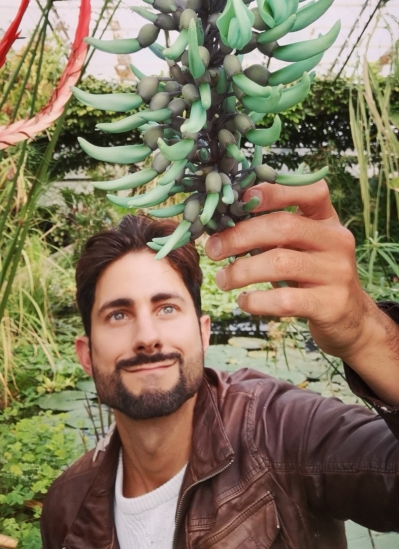
Do you have a favourite part of your role?
My role is quite varied, but the research is an aspect of my job that I really love. Recently I've started doing more interdisciplinary research with people from other fields and I find that really rewarding. Initially there’s the seeking to understand what one another actually does, so if I’m working with an engineer or a physicist I might not understand all of the physics and they might not understand all the biology but once we get past that we can actually reach a place where we enhance one another's understanding of something.
Do you have a favourite plant in the gardens?
I'm just wading through the Apiaceae beds as we speak and one of my favourite plants is in flower. It's called Orobanche – it's this amazing plant but it’s actually a parasite. It doesn't have any green leaves of its own or any roots and it steals all of its food from the roots of other plants. Every time I see this plant, I get a little thrill because it barely looks plant-like at all but it's quite spectacular.
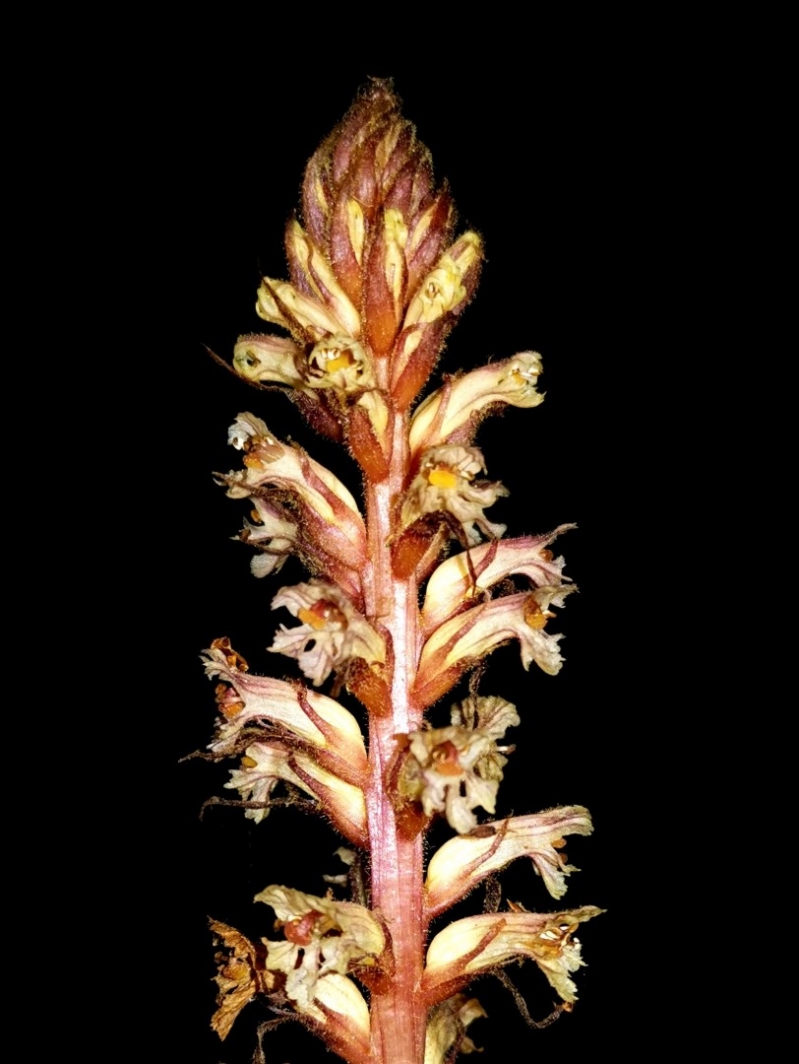 Orobanche Hederae
Orobanche Hederae
What are the plans for the garden in the future?
We're on the cusp of something really exciting because next year is our 400th anniversary so we're busy planning lots of events and ways in which we can engage people. In the longer term, beyond 2021 what we would really like for our botanic garden is new glasshouses. Our current glasshouses which were built in the 1970s are beyond their shelf life. All of the wonderful things that we do here in the botanic garden depend on us having the right infrastructure so for the future that's what we'd really like to work on.
What do you think it is about gardens and nature that helps mental wellbeing?
I think we're really starting to appreciate as a society, the importance that greenspaces play in our lives and our mental health. Gardens are places of sanctuary and healing. Oxford Botanic Garden was established originally in 1621 as a physic garden in which medicinal plants were grown to educate the medical students at the university on the uses and properties of plants. Today – whilst it's not necessarily a physic garden in the same way – I think it's still a place of healing. We live in the digital age and while that has its advantages, it's also quite a challenging time for lots of people. It's an age in which we're quite frenetic, we're looking at screens more and engaging with nature less and so plants are definitely left behind. When we go to the supermarket and buy certain plants off the shelf, we don't even necessarily think of them as plants in the same way anymore. We live in an era of nature deficit disorder and the garden is a place of healing for that. Oxford Botanic Garden was established as a garden of medicine and it still is – but in a different way.
The Oxford Botanic Garden and Arboretum is now open daily from 9am to 5pm. If you’d like to have a closer look at some of the work which Chris has been doing, please visit obga.ox.ac.uk or for more information on the discussed interdisciplinary research Chris has been a part of, head over to blogs.royalsociety.org.
We're giving three lucky readers the chance to win a copy of Chris Thorogood's new book release, 'The Botany of Gin' Garnished with sumptuous illustrations depicting the plants that tell the story of this complex and iconic drink. For your chance to win, please visit our competitions page on the website and enter your details.




